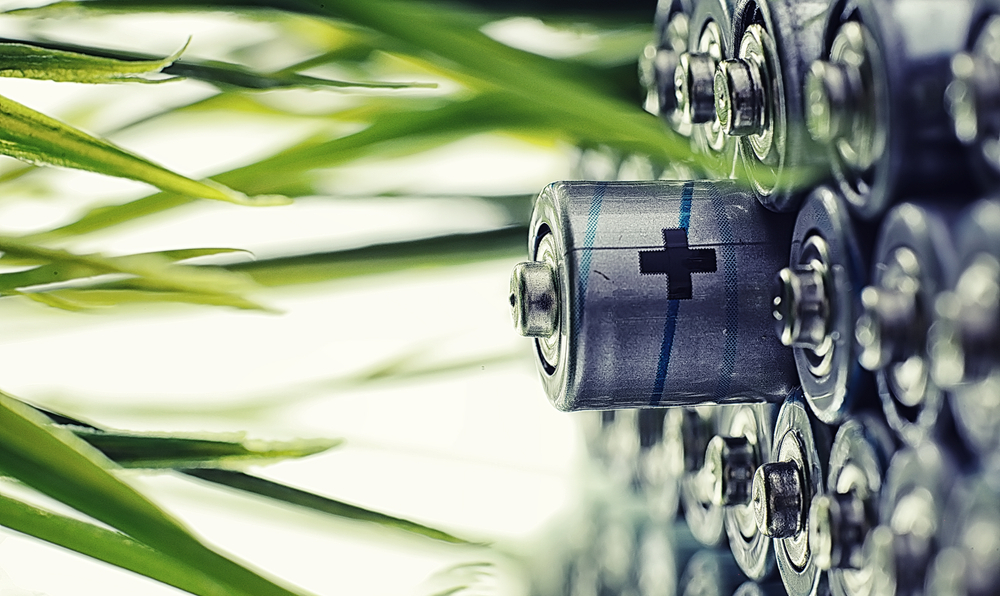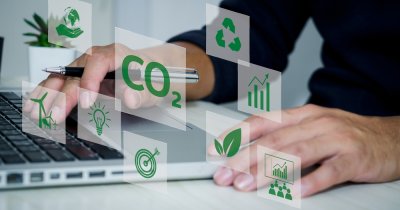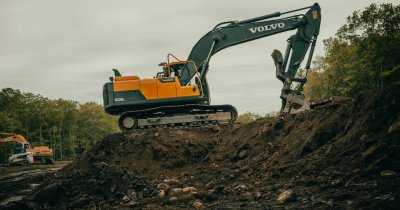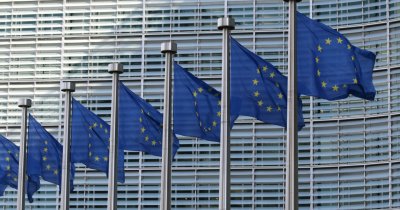Electrive writes that the technologies and processes that will be implemented in the pilot plant will also be included at a later date in a larger facility to "enable optimum recovery of valuable metals such as lithium, nickel, cobalt, manganese and copper". The company added that a commercial-size refinery is expected to be built in Europe over the next few years.
BASF currently operates a cathode manufacturing facility in Germany at the site where the pilot plant is being operated and a battery recycling unit for the production of black mass will be put into operation later this year.
In the recently-opened refinery, the black mass can be broken down into its individual components or the active materials that make up a modern battery cell. The recovered materials can then be used to create new cathode materials for new batteries.
As per company officials, the recovery of these materials is "of strategic importance for the reliable supply of important battery raw materials". Batteries made with recycled materials are more sustainable, since they have a lower carbon footprint and help preserve virgin resources.
Dr Daniel Schönfelder, President of BASF’s Catalysts division, who is also responsible for the company’s battery materials and battery recycling business, said that "with the expected rapid growth of the electric vehicle market, battery recycling provides competitive and sustainable access to critical metals. We will use the extracted metals to enable a truly local circular economy for the battery value chain."
 Mihai - Cristian Ioniță
Mihai - Cristian Ioniță












Any thoughts?